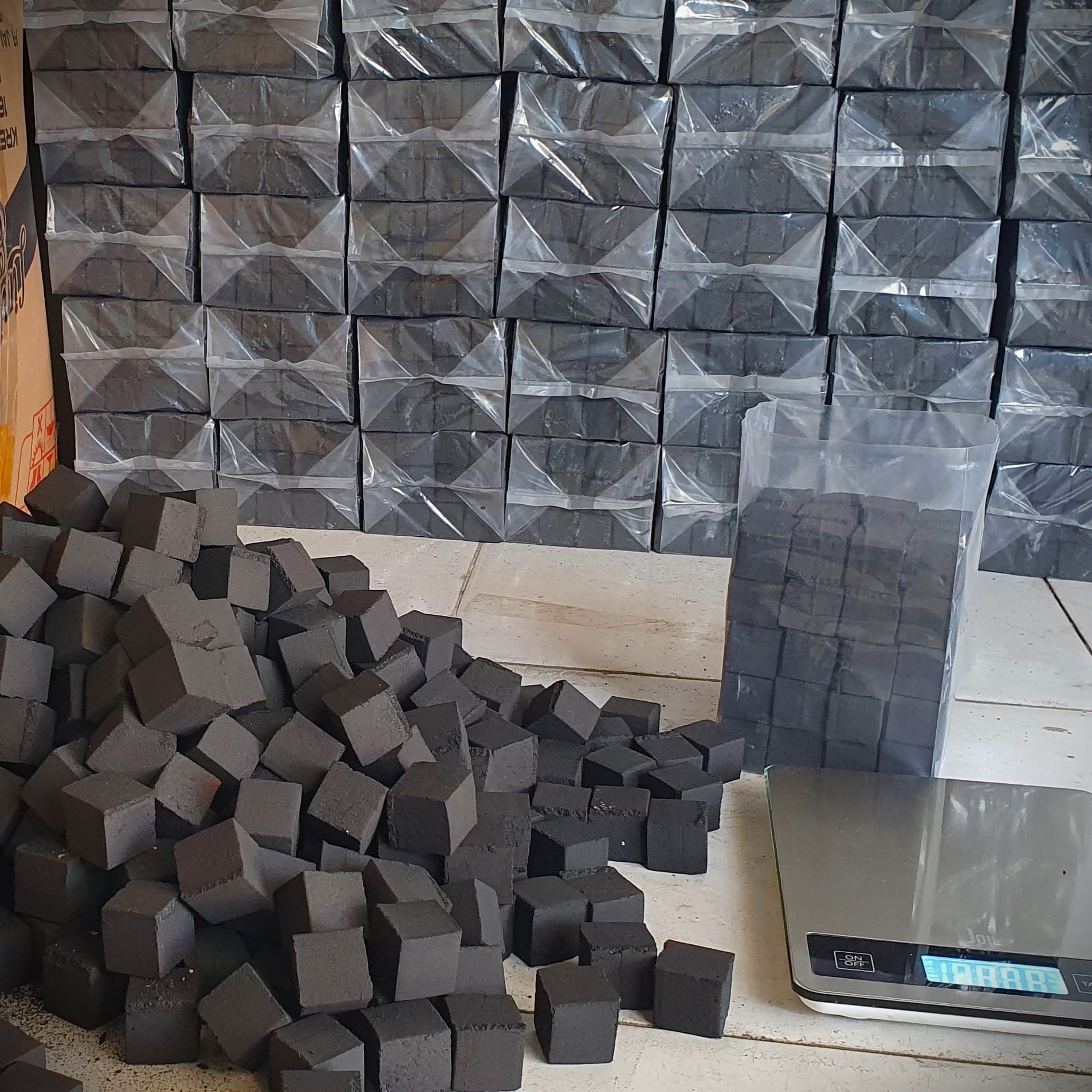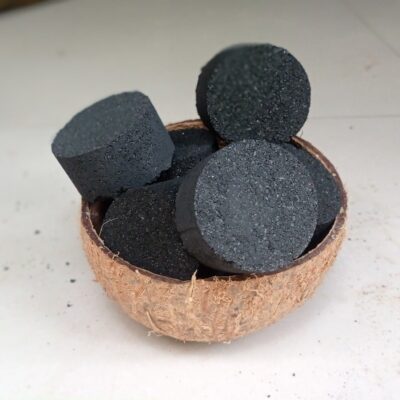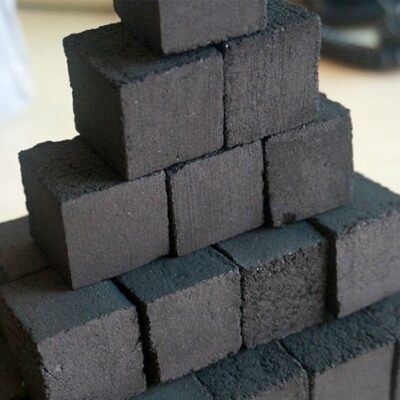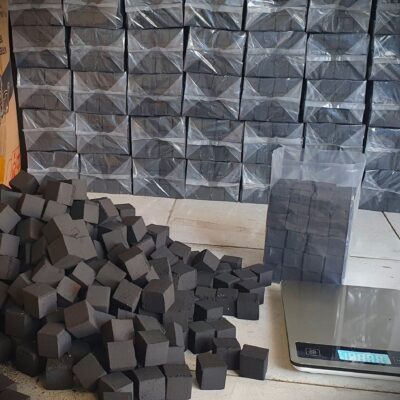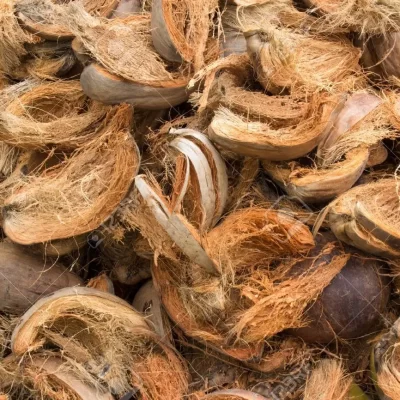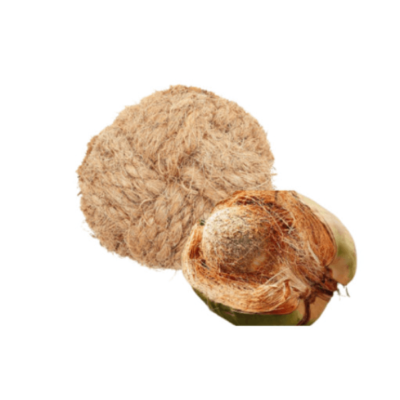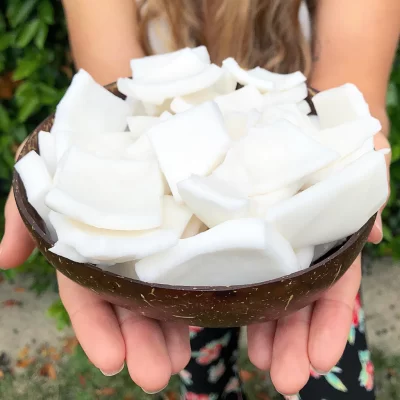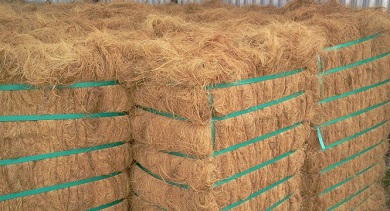Coconut charcoal isn’t just a trendy alternative to traditional charcoal; it’s a versatile tool with a range of practical applications beyond the barbecue. Here’s a glimpse into the diverse uses of this eco-friendly and multipurpose product:
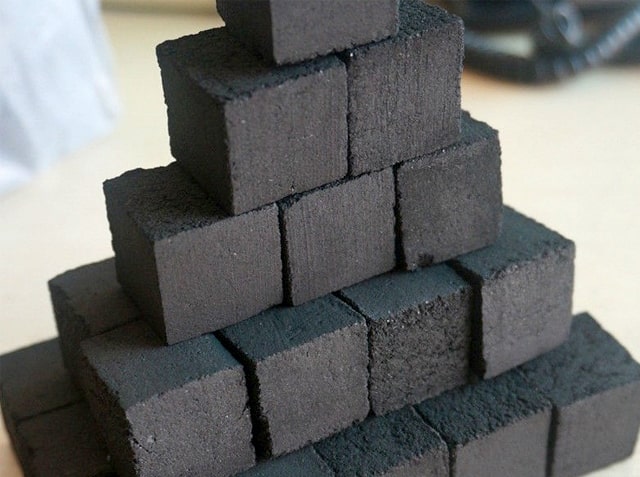
- Cooking and Grilling: As mentioned earlier, coconut charcoal excels in grilling and cooking due to its high heat output, long burning time, and clean-burning properties. Whether you’re searing steaks, smoking ribs, or grilling vegetables, coconut charcoal provides consistent heat and imparts a delightful coconut aroma to your dishes.
- Water Filtration: Activated coconut charcoal is widely used in water filtration systems to purify drinking water. Its porous structure effectively absorbs impurities, chemicals, and contaminants, leaving behind clean and fresh-tasting water. From household filtration pitchers to industrial-scale treatment plants, coconut charcoal plays a crucial role in ensuring access to safe and potable water.
- Air Purification: Another common application of activated coconut charcoal is in air purifiers and filters. Its porous nature allows it to trap airborne pollutants, allergens, and odors, effectively purifying the air in homes, offices, and industrial settings. By removing harmful particles and improving air quality, coconut charcoal contributes to healthier living environments and enhanced well-being.
- Skincare and Beauty: Coconut charcoal is prized in the beauty industry for its detoxifying and purifying properties. It’s a key ingredient in facial masks, cleansers, and exfoliants, where it helps draw out impurities, unclog pores, and absorb excess oil. Additionally, coconut charcoal toothpaste and oral care products are popular for their whitening and cleansing effects.
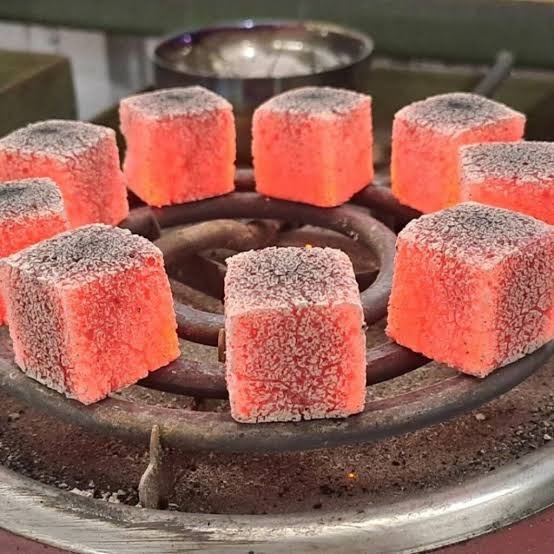
- Soil Amendment: Ground coconut charcoal, also known as biochar, can be used as a soil amendment to improve soil structure, moisture retention, and nutrient absorption. When incorporated into garden beds or agricultural fields, biochar enhances soil fertility, promotes plant growth, and sequesters carbon, contributing to sustainable agriculture practices.
- Composting: Adding coconut charcoal to compost piles can accelerate the decomposition process and reduce odors. Its porous structure provides habitat for beneficial microorganisms, aiding in the breakdown of organic matter and producing nutrient-rich compost for gardening and landscaping purposes.
In essence, coconut charcoal is much more than just a fuel for grilling; it’s a versatile resource with applications spanning culinary, environmental, and wellness domains. Whether you’re cooking up a feast, purifying water, or pampering your skin, coconut charcoal proves to be a valuable ally in various aspects of modern living.


